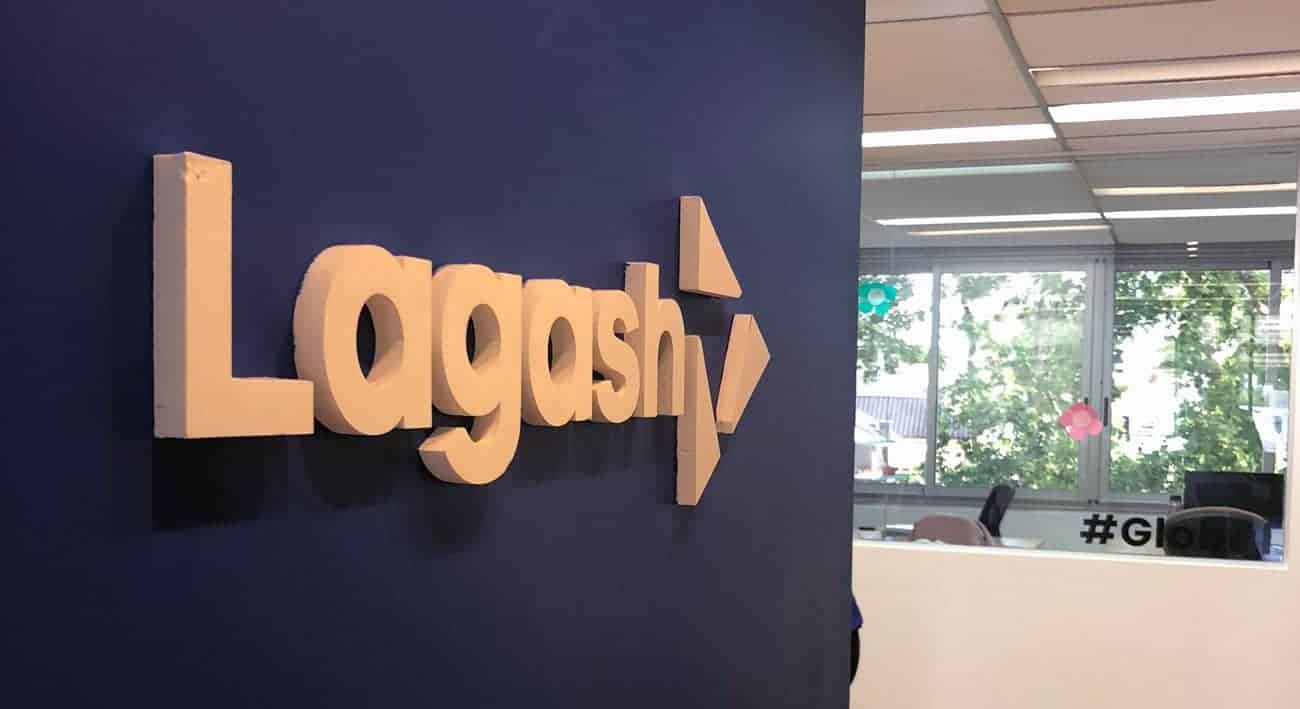
Por Mariana López
March 12, 2020
[wd_hustle id=”InArticleOptin” type=”embedded”/]
Contxto – Users on Mercado Libre’s site aren’t the only ones who complete purchases. The e-commerce giant has done some shopping of its own this week. Yesterday (11) the company announced it bought Argentine software development startup, Lagash. But the parties didn’t disclose the price tag on the acquisition.
However, I’d venture it was a large one. And that’s because with the move, over 350 of Lagash’s employees distributed among five Latin American countries will now join Mercado Libre.
Key executives from Mercado Libre stated that the acquisition of Lagash is part of its strategy to expand its project management capabilities as well as snag Latam’s software talent.
Related article: Lagash awaits U.S. expansion, plans to leverage Argentina’s Knowledge Economy Law
Founded in 2001, the software development startup from Buenos Aires is no spring chicken. However, Lagash has boded its time and expanded throughout the region since then.
During this time Mercado Libre had previously hired Lagash to develop projects on its behalf. But hey, why keep outsourcing when you have the pocket change to buy them?
Up until this acquisition, Lagash had staff working in its native Argentina as well as Mexico, Chile, Uruguay, and Colombia.
But perhaps Federico García, Lagash’s CEO said it best.
“We’re proud to join the Mercado Libre family,” stated the executive. “It shows we’ve done a good job throughout all these years and it hasn’t gone unnoticed.”
Mercado Libre was particularly interested in opening new software development centers in Mexico, Colombia, and Chile. Now thanks to this acquisition, it’s a reality.
Related article: Mercado Libre will face battle come what may
It would appear that Lagash’s forte is developing software for the banking industry, insurance-related products, as well as fintech solutions. This is an interesting hint as to the projects Mercado Libre might have been developing with the startup prior to the acquisition.
And it’s also a clue as to the direction in which the e-commerce giant is turning: more emphasis on electronic payment solutions for its marketplace platform. Not to mention further pump up its Mercado Pago arm.
Related articles: Tech and startups from Argentina!
-ML